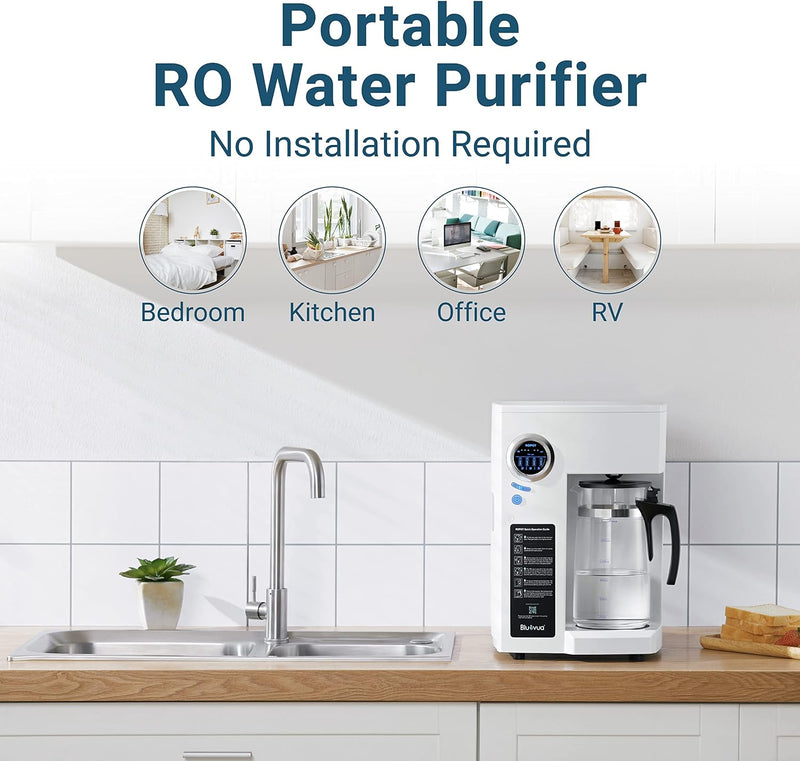A Comprehensive Guide to Choosing the Best Reverse Osmosis Water Filter for Your Industry
الجسم
In today's world, ensuring access to clean and safe water is paramount. One of the most effective methods for achieving this is through the use of a reverse osmosis water filter. This guide aims to provide a deep understanding of reverse osmosis water filters, helping you make an informed decision for your industry.

What is a Reverse Osmosis Water Filter?
A reverse osmosis water filter is a water purification system that uses a semi-permeable membrane to remove ions, molecules, and larger particles from drinking water. This process effectively eliminates contaminants, providing high-quality water suitable for various industrial applications.
How Does Reverse Osmosis Work?
The reverse osmosis process involves forcing water through a semi-permeable membrane. This membrane allows water molecules to pass while blocking contaminants such as bacteria, viruses, and dissolved salts. The result is purified water that meets stringent quality standards.
Benefits of Using a Reverse Osmosis Water Filter
- High Efficiency: Reverse osmosis systems can remove up to 99% of contaminants, ensuring clean and safe water.
- Cost-Effective: While the initial investment may be higher, the long-term benefits and reduced maintenance costs make it a cost-effective solution.
- Versatility: These systems are suitable for various industries, including pharmaceuticals, food and beverage, and electronics manufacturing.
Key Considerations When Choosing a Reverse Osmosis Water Filter
When selecting a reverse osmosis water filter for your industry, several factors need to be considered:
- Water Quality Requirements: Different industries have varying water quality standards. Ensure the system you choose meets your specific needs.
- System Capacity: Consider the volume of water your industry requires daily. Choose a system that can handle your demand without compromising efficiency.
- Maintenance and Support: Opt for a system that offers easy maintenance and reliable customer support. This ensures minimal downtime and consistent performance.
Real-World Example: The AquaPro 4000
One example of an efficient reverse osmosis water filter is the AquaPro 4000. This system is designed for high-capacity industrial use, offering advanced filtration technology and robust construction.
"The AquaPro 4000 has significantly improved our water quality, reducing contaminants and ensuring compliance with industry standards." - John Doe, Plant Manager

Conclusion
Choosing the right reverse osmosis water filter for your industry is crucial for ensuring access to clean and safe water. By understanding the benefits, key considerations, and real-world examples, you can make an informed decision that meets your specific needs. Investing in a high-quality reverse osmosis system not only enhances water quality but also contributes to the overall efficiency and sustainability of your operations.
For more information on reverse osmosis water filters and to explore our range of products, visit our website.










تعليقات